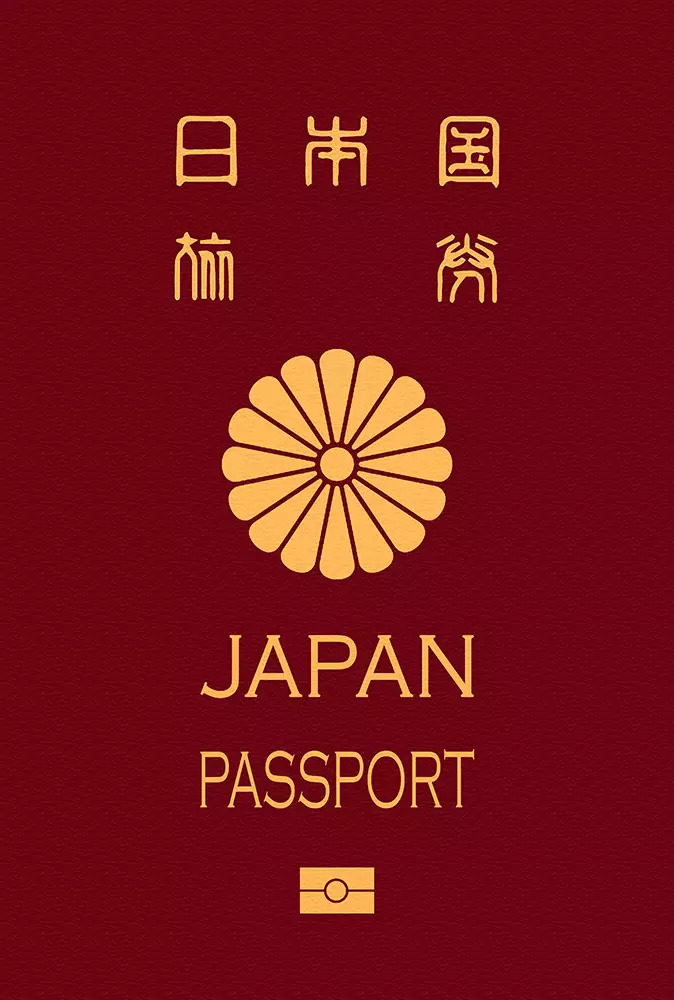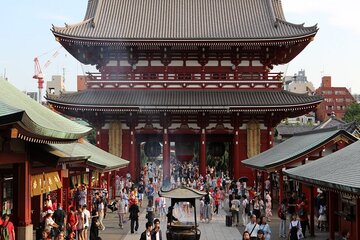
Japan
The Japanese passport is ranked 2nd on the Guide Passport Index, offering visa-free access to 192 countries. With one of the highest mobility scores, it is considered the most desirable passport in the world. Japanese passport holders enjoy visa-free and visa-on-arrival access to destinations like Brazil, the European Union, the United Kingdom, the United Arab Emirates, and the United States, enabling instant global travel. However, Japanese passport holders need a visa to enter approximately 37 destinations, including Ghana, Cuba, and Russia.
Top Travel Destinations in Japan

Universal Studios

Dotombori District

Disneyland Tokyo

Senso Ji Temple
Documents Required for Japanese Visa
The visa application process for a Japanese visa involves filling out an online application form, preparing the necessary documents, and submitting them through the Japanese Ministry of Foreign Affairs (MOFA) portal or at a Japanese embassy, consulate, or visa application center. Applicants must provide all required documents, including a valid passport, passport-sized photographs, proof of travel plans, financial statements, and in some cases, additional documents such as an invitation letter, hotel bookings, or a return ticket. Requirements can vary based on nationality and purpose of travel, so it’s crucial to verify the specific requirements for your visa type.
How to Apply for a Japanese Visa
For detailed information on the application process and visa fees, please visit the official Japanese Visa Application portal.
Key Information:
- Processing Time: Typically 5-10 business days for most visa types. Expedited processing options may be available in certain cases.
- Fees: Visa fees vary depending on the visa type and nationality. Visit the official website for the latest fee structure.
Visa Validity and Duration of Stay
The validity of a Japanese visa depends on the type of visa you are applying for. Tourist visas are generally valid for 3 months or 6 months, while work, study, and business visas can be valid for up to 1 year or more. The validity typically starts from the date of issue, so it’s important to plan accordingly.
The duration of stay also varies based on the visa type. For instance, a Tourist Visa allows for a stay of up to 90 days. Work and student visas can permit longer stays, sometimes up to 1 year or more, with options for extension. Make sure to check the specific conditions for your visa type, as overstaying your visa in Japan can lead to penalties and difficulties in future visa applications.
Visa Extension or Renewal (if applicable)
If you’re already in Japan and need to extend your stay, visa extension is possible under certain conditions. Extensions are typically available for Tourist Visas and other temporary visa types. The process involves applying at the Japanese immigration office, submitting necessary documents, and paying the required fee.
Visa renewal is an option for certain long-term visa categories, such as work or student visas. Renewal usually requires submitting updated documents like proof of employment, school enrollment, or financial stability. However, not all visa types are eligible for renewal, so it’s important to confirm eligibility with the Japanese immigration office.
It’s essential to avoid overstaying your visa in Japan, as doing so can result in fines, deportation, and restrictions on future entry. It’s advisable to apply for an extension or renewal well before your visa expires to remain compliant with Japanese immigration laws.